Although ecocriticism has always kep its initial emphasis on the “relationship between literature and the phtsical environment” (Glotfelty 1996), over the last decade it has “entered into fruitful interdisciplinary collaborations with other disciplines under the umbrella of the Environmental humanities” (Goodbody, Flys Junquera, Oppermann 2020). It has expanded its boundaries, becoming more theoretical, translocal and transcultural, as well as engaging more deeply with Environmental justice issues, urban problems, Environmental ethics, feminisms, global climate Change, and non-western cultures and literatures. The role of literature, arts and Culture is still crucial in studying the philosophical and sociocultral implication of more-than-human environments and their multispecies entangled in numerous anthropogenic stressors. Since literature and artsa re often set in dialpge with scientists, ecocriticism is constitutively a cross-disciplinary field of study. But the role played by literature in the development of human discourses, cultural practices and ethical values aabout landscapes and waterscpaes has never lost its central significance in ecocritical studies.
In the 3rd international conference organized by the Environmental Humanities Center at Cappadocia University, the aim is to discucss the branches/waves and new directions of ecocriticism. This includes recent theories, emerging topics, and new challenges. The conference also examines ecocriticism’s converging and diverging points from ecology, Environmental history, and ecopsychology. Additionally, the conference explores ecocriticism’s alliances with natural sciences, its activist impulses, and its transcultural and transnational visions.

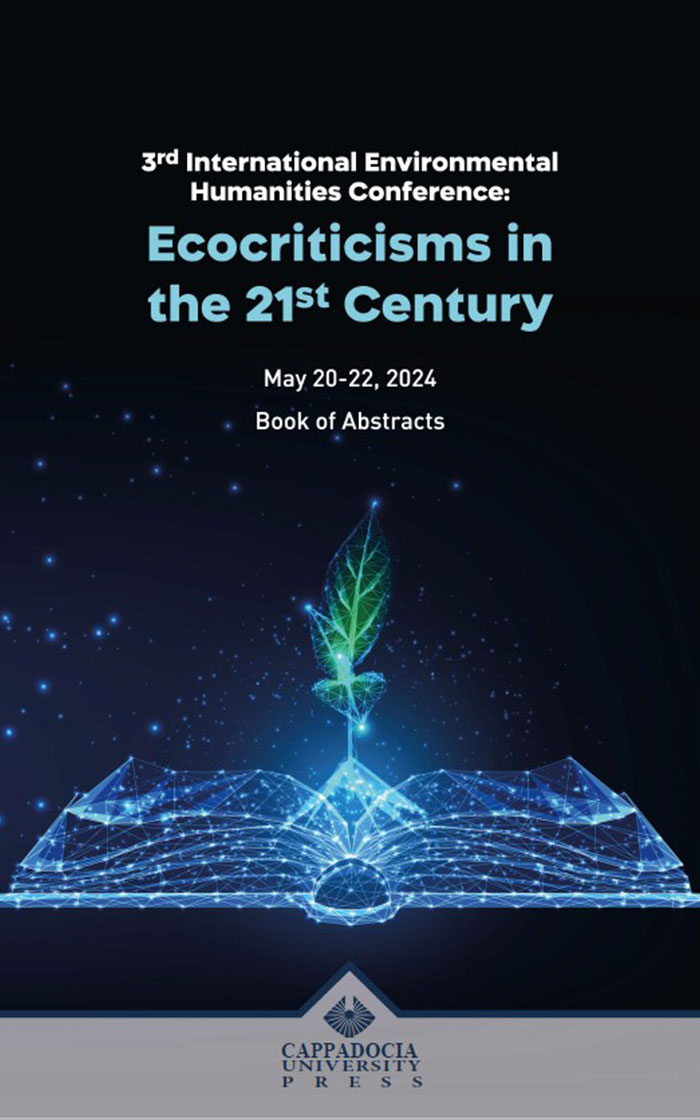
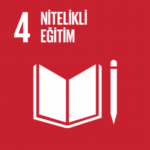
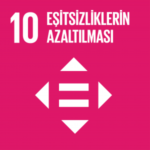
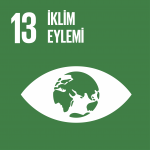

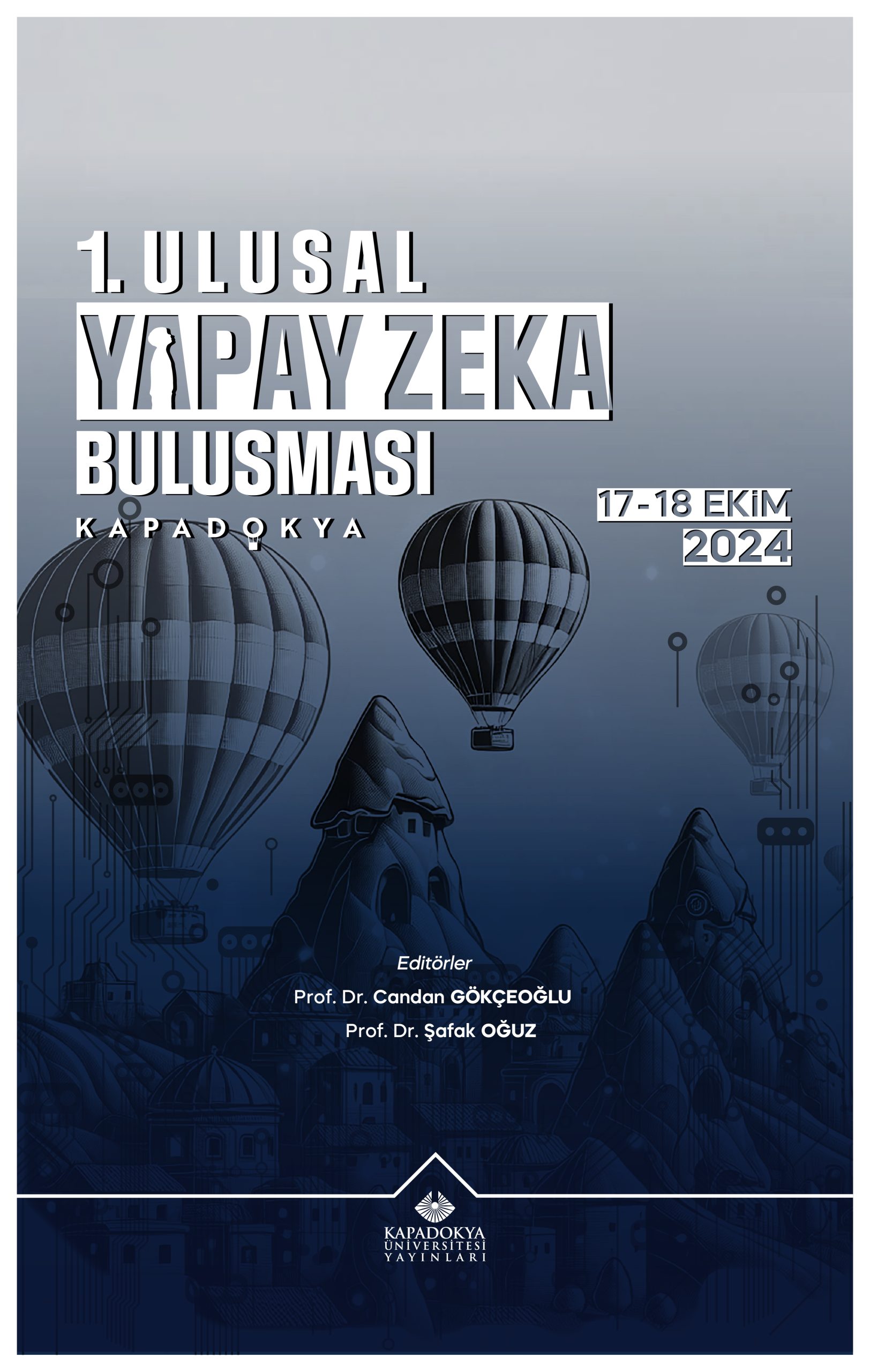
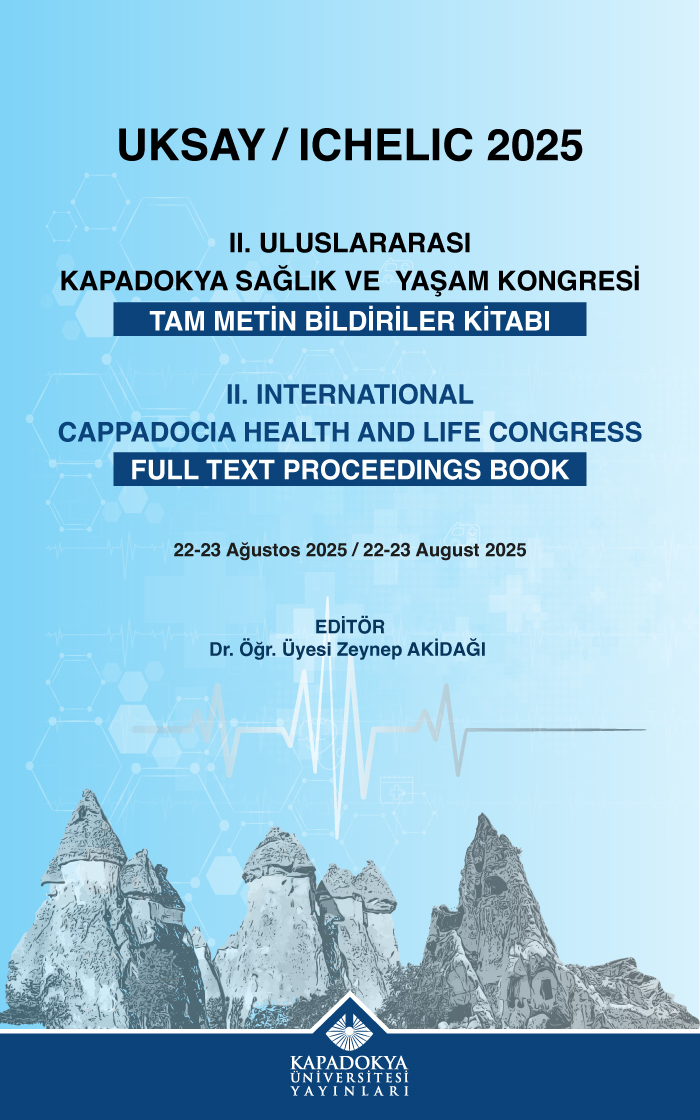
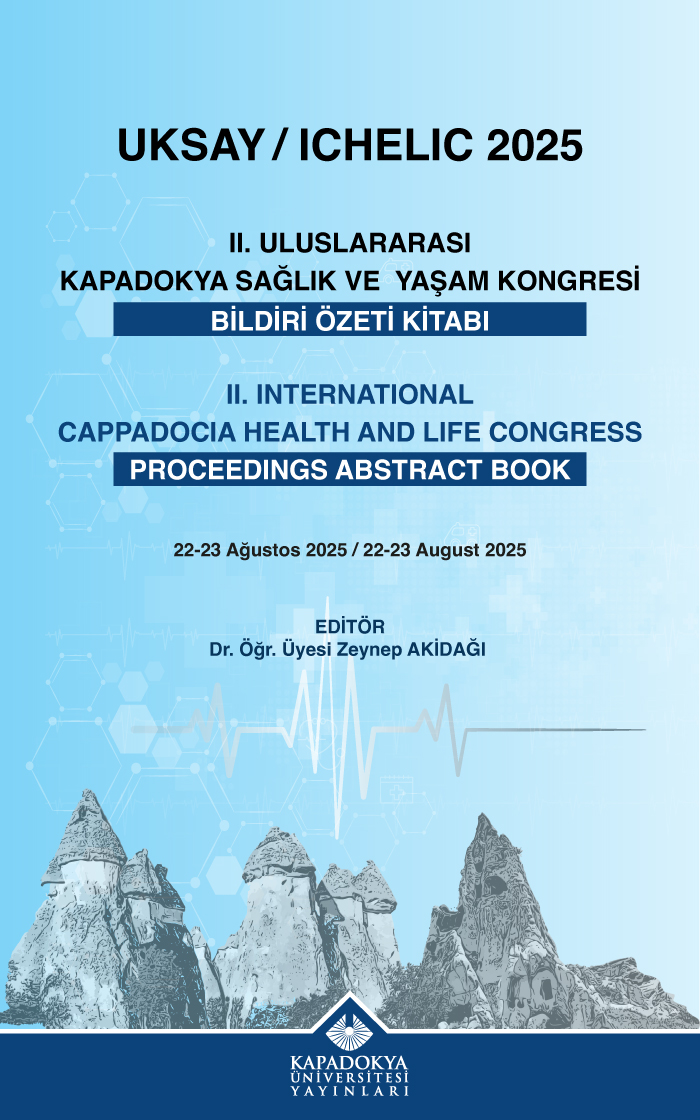
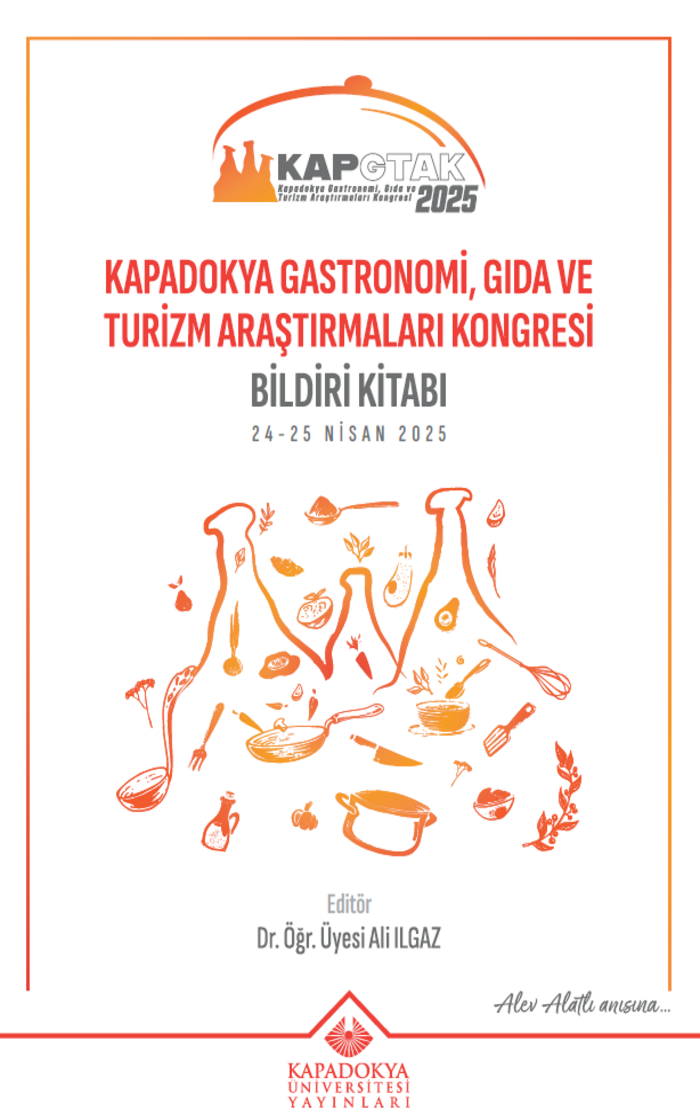
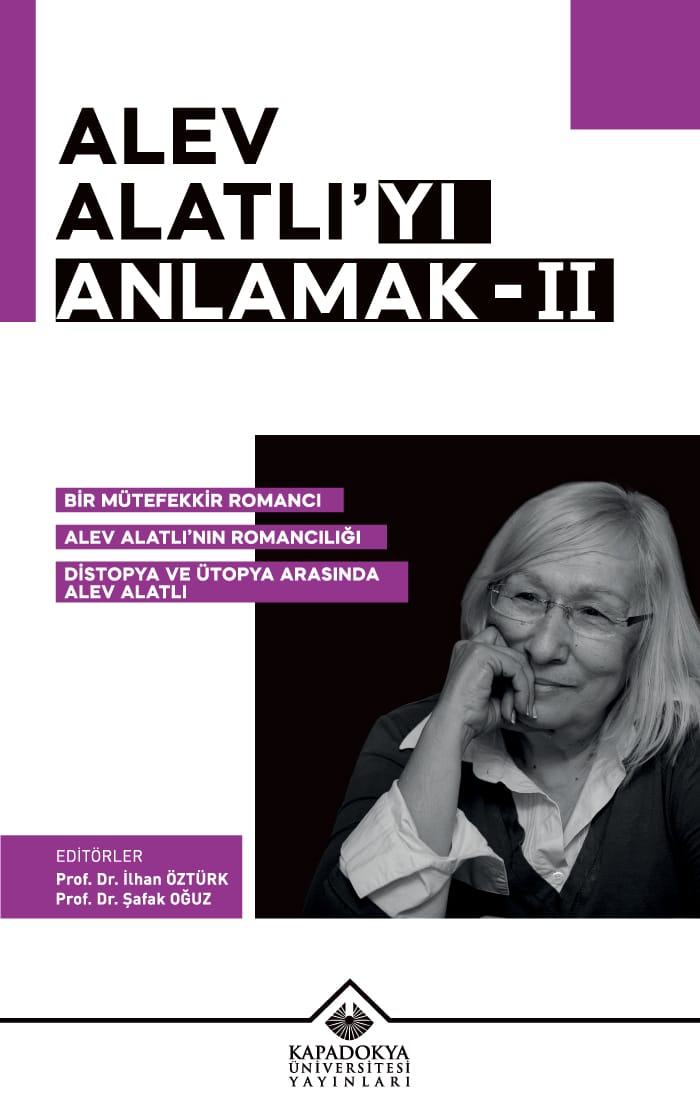


Reviews
There are no reviews yet.